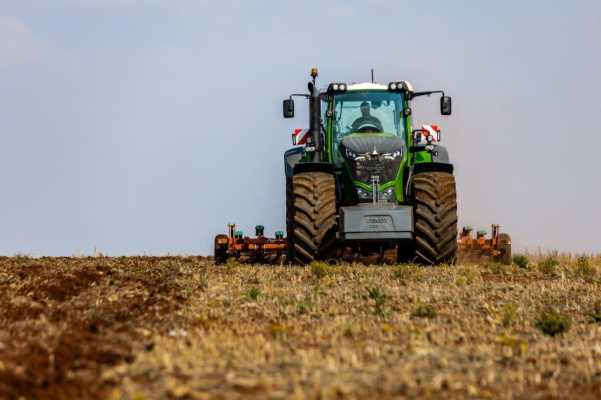The Department of Agriculture recently announced the latest requirements of the Perishable Products Export Control Board (PPECB). The requirements require, among others, that export farmers must show their black economic empowerment certificates together with their applications for export permits.
According to dr. Theo de Jager, Chairman of the Board of SAAI, the latest requirements of the PPECB and the Department of Agriculture reveals a fundamentally broken ideological and racist point of view within which South African agriculture must survive and perform in a shrinking world.
“It is unclear how the Department of Agriculture expects family farmers to comply with black economic empowerment conditions, especially when it comes to issues such as co-ownership and co-management. It is often a challenge for a family to farm together, let alone a stranger from another community who is forced on a family farmer,” says De Jager.
SAAI, the South African family farmer network, believes that draconian measures as contained in the black economic empowerment requirements do not meet the frameworks that define internationally accepted practices within the United Nations and its agencies and has therefore entered into discussions with the World Trade Organization to bring to their attention the racist underpinnings of forced black economic empowerment measures.
For most farmers, black economic empowerment has become synonymous with corruption, power greed, state capture and economic advantage of a small elite. “Many farmers believe that it is black economic empowerment measures that have led ANC cadres to move into central decision making and profit making positions in government departments and state-owned enterprises such as ESKOM, the South African Broadcasting Corporation, Denel and Landbank and eventually to the implosion of these once leading institutions,” says De Jager.
That black economic empowerment in the agricultural sector among family farms, which forms the backbone of the sector, has become discredited is evident from the poor penetration of both the idea and the practice in the sector. Not only did the ANC government gloriously fail to establish a class of prosperous black farmers but they made a total failure of land reform and there are very few of the farms transferred under the same ideological framework as black economic empowerment that are self-sustaining today or even just profitable.
“South Africa is experiencing an economic crisis in which we cannot afford to deter investors and there is nothing attractive about forced partnership, ownership or cooperation in the context of the black economic empowerment measures for agriculture,” says De Jager. “In addition, the department 10 years ago undertook to provide clarity on how black economic empowerment should be implemented on farms registered under land claims in the Government Gazette. Farmers have been asking for more than a decade how investors should be attracted to a farm whose owners and users are not sure whether they will be on those farms in a year or two.”
There are land claims that were already registered in the Government Gazette in 2002 and 19 years later no progress has been made with the land claims. Thousands of farms are registered under false or invalid claims but are trapped in the freezer of uncertainty. In SAAI’s interactions and discussions with foreign governments, embassies and agricultural unions elsewhere in the world, everyone agrees that black economic empowerment makes no sense on a family farm and therefore SAAI, unlike other agricultural unions, cannot advise its members to participate constructively in the PPECB’s processes, but rather seek support to test the case in the courts and international, multi-lateral platforms on trade and industry.








